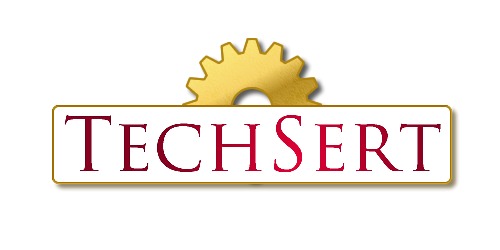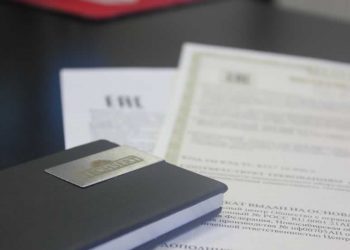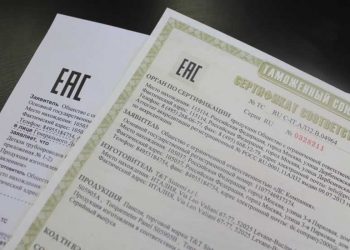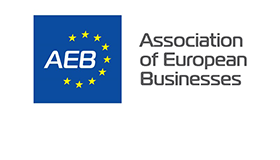Piping Certification in the GOST R System

In the Russian Federation’s GOST R system, the certification of pipes is a crucial aspect of ensuring quality and safety. It is important to understand that not all types of pipes are subject to mandatory certification. Currently, only polyethylene pressure pipes and pipes intended for gas pipelines are legally required to undergo this process. For these specific categories, a certificate of conformity is issued as proof of compliance with established standards.
Metal pipes, on the other hand, are not mandated to undergo quality confirmation within the GOST R system. However, enterprises that manufacture or import metal pipes have the option to initiate a voluntary certification procedure. This voluntary step can enhance the credibility of their products and provide customers with additional assurance regarding their quality.
The conformity assessment and laboratory testing of polyethylene pipes are rigorously conducted to ensure they meet the specific requirements outlined in GOST 18599-2001. This standard sets forth the technical specifications and performance criteria that these pipes must adhere to.
The general procedure for certifying pipes and pipeline components closely mirrors the process for confirming the quality of virtually any other type of product within the GOST R system. This involves submitting an application, providing relevant documentation, undergoing testing, and receiving a certificate of conformity if all requirements are met.
Specific Requirements for Pipe Certification
When it comes to the certification of pipes, it is essential to acknowledge that distinct testing requirements exist for each particular type of pipe. These requirements are tailored to the material, intended use, and performance characteristics of the specific product.
A pipe certificate can be issued under different schemes, depending on whether the products are of domestic origin or imported from abroad. For domestically manufactured pipes, the certificate is issued to the manufacturer. In the case of imported pipes, the certificate is issued to the importing company.
The timeframe for issuing permits for pipe certificates typically does not exceed seven working days from the date of submitting a complete application and the necessary package of documents to the certification body. This relatively short processing time allows companies to efficiently obtain the required certifications.
Procedure for Certificate Registration
The process for registering a certificate differs slightly depending on whether the pipes are produced domestically or imported.
For domestically produced pipes, the company seeking certification is required to provide the certification center with its constituent documents, such as registration certificates and charter documents. Additionally, they must submit the relevant regulatory and technical documentation, which typically includes the applicable GOST (national standard) or TU (technical conditions).
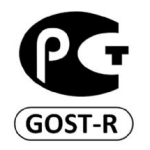
If the manufactured products fully comply with the requirements of the relevant GOST, there may not be a specific need to develop separate technical conditions. However, a TU is typically developed when the technological process of production employed by the company deviates from the generally accepted standard outlined in the GOST. Regardless of whether the products are manufactured according to a GOST or a TU, laboratory tests will be conducted in strict accordance with the requirements specified in the applicable GOST for pipes. These tests ensure that the pipes meet the necessary quality and performance standards.
In the event that a company needs to register a certificate of conformity for imported pipes or pipeline components, the application process involves providing the certification authority with a copy of the supply contract between the importer and the foreign manufacturer, as well as copies of the importing company’s constituent documents. It is important to note that the number of the supply contract will be explicitly referenced in the certificate of conformity. Consequently, if there is any change to the supply contract, such as a new contract number, it will be necessary to undergo the process of registering a new certificate to reflect the updated agreement.
Certification of Steel Pipes
Confirming the conformity of steel pipes follows a procedure that is fundamentally identical to the process described above for other types of pipes. To obtain a certificate of conformity for steel pipes, the applicant company must complete the standard application form and submit the required documents, including constituent documents and relevant technical documentation (GOSTs or TUs). The pipes will then undergo appropriate testing to verify their compliance with the applicable standards.
In summary, while only polyethylene pressure pipes and gas pipeline pipes are subject to mandatory certification in the GOST R system, the option for voluntary certification exists for metal pipes. The certification process involves conformity assessment, laboratory testing against relevant GOST standards, and the issuance of a certificate of conformity. The specific procedures and required documentation vary slightly depending on whether the pipes are domestically produced or imported. Understanding these requirements is crucial for companies involved in the manufacturing and distribution of pipes in the Russian Federation.
TechSert Group, thanks to its team of high qualify professionals, helps companies in more than 70 countries to prepare all the necessary documentation and procedures to attain Gost and EAC certifications. Furthermore it can rely on its in-house certification body to assure tje highest level of quality at every step of the certification process.
